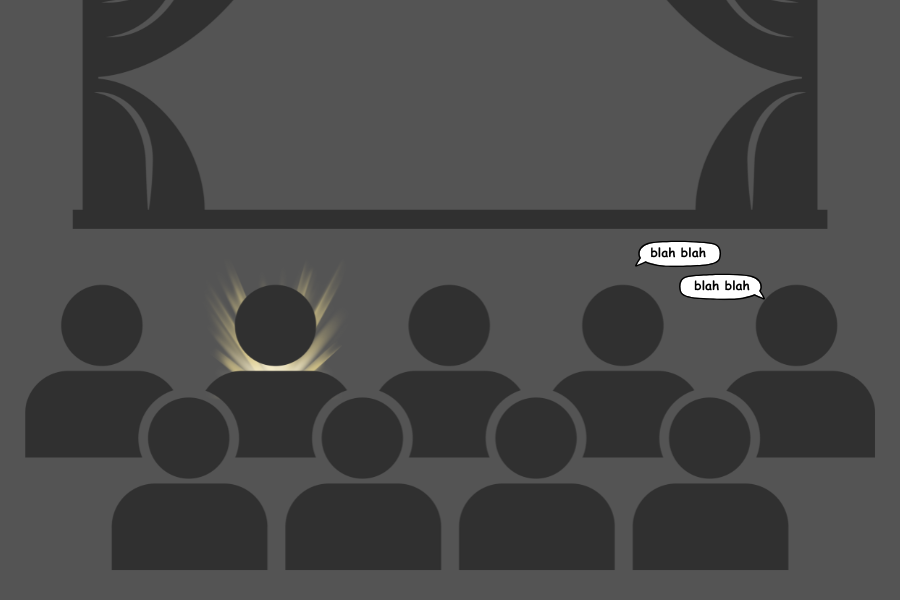Shows need for new antitrust laws
Earlier this year the Federal Trade Commission indicated that it was investigating Google for anti-trust law violations stemming from complains by other search industry competitors. The complaint by the competitors Yelp.com, Nextag.com and Expedia.com is that with Google spending $1.6 billion to purchase some 40 companies this year, it has expanding its size dramatically. The competitors also allege that Google is using its popularity with customers to promote its in-house products over their products in its search engine results. In response, Google has defended itself stating that it gives fair access to all results and that such claims are simply unfair and unfounded. The company has also defended its acquisitions as part of “acquiring expertise” for its various products to its customers.
It’s most controversial purchase involved the company ITA Software which is based out of Cambridge. The company makes software for the airline and travel industry and sites like Bing.com. The acquisition which would give Google the “expertise” to influence where consumers get information for their flights and for information about the airline industry is facing some resistance from government regulators as well.
The other side of the complaint is that Google puts companies like yelp.com, a restaurant search site, in internet purgatory. Potential customers cannot find it on the top results and have to search even more to find it. This means that Google is giving its preferred sites a much greater chance of gaining potential customers away from yelp and other sites.
All this comes at a time when the rules around the concept of anti-trust are in dire need of reexamination. The Anti-Trust laws were crafted with brick and mortar companies in mind and without the imagination that there would be an online company in the future. Google is an online company and its products are not as tangible as a bar of soap or a television set. The concept of anti-trust goes to the heart of capitalist economics which calls for a competitive market or a market where one buyer or seller is not so dominant that it can influence prices.
The online search engine market is not like other markets like the television sales market or the retail market where you can gauge how dominant, productive or harmful a product can be to a consumer. Is finding an online store which happens to provide the cheapest goods and services harmful? Is finding a Google product before a competitor’s product such as Google maps before MapQuest harmful or monopolistic? These questions are ones which require a lot of research a change in definition of what exactly constitutes a monopoly in today’s world.
The answer will come when we can examine how these companies work and what it is that they do. A monopoly in the 21st century looks very different than those of the 20th. Google has cleverly avoided acquiring rivals like Yahoo and AOL to be caught under the current rules, but its size and sheer weight already makes it look like the giant gorilla in the room.
There needs to be a revision of the Anti-Trust law and a new understanding of what it means to be a monopoly in an industry where customers don’t search for long and may not have patience to go through all the results to find what they are looking for.








